Attractions industry news
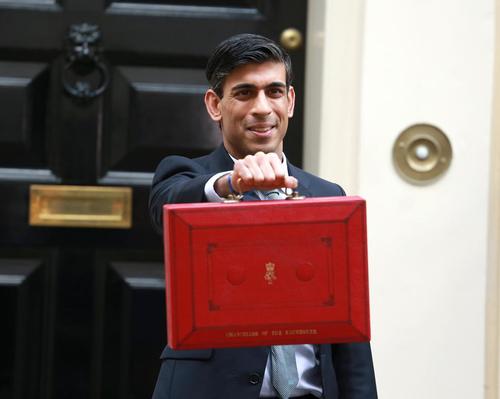
24 Mar 2020
How are different countries supporting the tourism and attractions sectors through coronavirus?
With certain turbulent times for the global tourism and visitor attractions sectors, governments around the world are implementing new emergency policies to support these crucial sectors.
The global travel and tourism sector grew by 3.9 per cent in 2018 to contribute a record US$8.8tn to the global market, supporting 19 million jobs worldwide and generating 10.4 per cent of the world’s total economic activity.
By 2025 the sector is predicted to account for more than 10 per cent of global GDP. According to World Travel and Tourism Council (WTTC) president, Gloria Guevara, travel and tourism is now responsible for creating one in fever five jobs worldwide. By 2029, 421 million people are expected to be working within the industry.
UK
Chancellor Rishi Sunak has set out a package of temporary, timely and targeted measures to support public services, people and businesses, currently amounting to £330bn (US$388.9bn, €357bn).
Measures include a 12-month business rates holiday for all retail, hospitality and leisure businesses in England; a grant funding of £25,000 for retail, hospitality and leisure businesses with property with a rateable value between £15,000 and £51,000; small business grant funding of £10,000 for all business in receipt of small business rate relief or rural rate relief.
The Coronavirus Business Interruption Loan Scheme has also been launched, with loans of up to £5m available for SMEs through the British Business Bank.
No business will pay VAT from now until the end of June and the government has also stepped in to pay people’s wages with a grant covering 80 per cent of wages up to £2,500 for employees kept on payroll. This will be open for three months, with the possibility of extension, and will cover businesses of any size. The first of these payments will be made by the end of April.
US
The US is planning a US$1tn (€926bn, £851bn) financial package, which will "send money directly to Americans" as part of a stimulus attempting to avert an economic crisis caused by COVID-19.
As part of this package, airlines and hotels will receive a bailout. The proposal is yet to be approved by Congress. Separate to this package, US Treasury secretary Steven Mnuchin has said the government will also allow companies and individuals to delay their tax payments for 90 days.
Italy
The Italian government has presented its "Italy Cure" package, which puts the safety and wellbeing of its workers at its core.
The government is paying 80 per cent of its employees' salaries across every sector, with self-employed or seasonal workers able to apply for a special pay-out of €600 in March. Families can also suspend their mortgage payments, while parental leave has been extended to 15 days and in March and April. A €500m fund has also been set up to help protect the aviation industry.
Germany
Germany's government has pledged unlimited financial assistance to German businesses. The government has predicted this will costs around €550bn from the nation's development bank.
Australia
As part of an AUS$17.6bn (US$10.3bn, €9.4bn, £8.7bn) stimulus plan, with an additional AUS$64.6bn (US$22.7bn, €20.8bn, £19.2bn) to be spent over the next six months, the government has pledged AUS$1bn (US$613m, €562.7m, £520m) to support those sectors, regions and communities, including tourism, that have been affected by the virus.
As part of this stimulus plan, fees and charges for tourism businesses that operate in the Great Barrier Reef Marine Park and Commonwealth National Parks will be waivered.
These measures will support more than 3.5 million businesses and an estimated 3 in every 4 workers nationwide.
Hong Kong
In its attempts to support the sector, Hong Kong has created an Anti-Epidemic Fund’s Travel Agents Subsidy Scheme. Through this, some 1,350 travel events have received payments through the to help them tide over the financial difficulties arriving from the outbreak, with 98 per cent of travel agents in Hong Kong signing up.
France
The French government has established a €2bn (US$2.2bn, £1.85bn) Solidarity Fund, which many tourism and attractions businesses are eligible for.
Non-food trade and tourism SMEs that have lost turnover by more than 70 per cent compared to March 2019 and SMEs with a turnover of less than €1m (US$1.1m, £924,000) can apply for the fund.
A wider €45bn (US$49bn, £41.6bn) package includes supplementary funding funding of short-time working/partial unemployment measures equal to 70 per cent of gross salary. Employees with minimum wage or less are fully compensated for lost earnings.
Spain
The Spanish government is supporting tourism companies with a financing line of €400m (US$432m, £367.8m) with guarantee from the ICO (Official Credit Institute of Spain), for self-employed and tourism companies. The financing – which has a maximum credit limit of €500,000 (US$540,000) per company – includes transport companies, taxis, hotels, restaurants, car rentals, travel agencies and museums. The fund will operate as a 4-year loan; with a fixed interest rate to a max of 1.5 per cent.
The government has also launched a €200bn (US$215.6bn, £183.9bn) package to help companies, workers and other vulnerable groups affected by the crisis. Half of the fund is being delivered by a public guarantee scheme to ensure liquidity for struggling businesses.
Portugal
The Portuguese government has launched more than 30 initiatives aimed at protecting workers and families, and at mitigating the economic impacts of COVID-19 during the course of the pandemic.
Travel and tourism has been highlighted, with the establishment of a €60m (US$64.8m, £55.2m) credit line for micro-businesses in the sector. The government has also teamed up with Portugal's tourist board – Turismo de Portugal – to bolster national capacity and respond to the pandemic.
Wider measures currently in place include a €200m (US$216m, £183.8m) credit line for businesses, as well as support for the maintenance of employment contracts.
Singapore
With Singapore handling the outbreak since January, a number of measures are now in place to support the tourism and attractions industries.
Its support package is seeing the government waiving license fees for hotels, travel agents and tour guides and enhanced training schemes, and subsidising them up to 90 per cent. Singapore's workforce is receiving up to 70 per cent of fixed monthly salaries – capped at US$2000 – and the government has also created a temporary bridging loan programme for cash flow support.
The Philippines
Tourism has been handed a significant portion of the government’s US$523m support package to combat the coronavirus outbreak.
US$271m in aid will come from the Tourism Infrastructure and Enterprise Zone Authority (TIEZA) has been earmarked for various programmes and projects of the Department of Tourism. US$23m will be used as unemployment benefits for workers from the private sector with a further US$58m dedicated to a scholarship grant for the upskilling and reskilling of temporarily displaced workers. US$40m will also be allocated for social protection programmes for workers in organisations affected by COVID-19.
The country has also laid out its recovery strategy, with the Department of Tourism (DOT) allocating US$118m to the cause, with a new campaign for domestic travel and a campaign to create content targetting countries unaffected by COVID-19.
News powered by attractionsmanagement.com
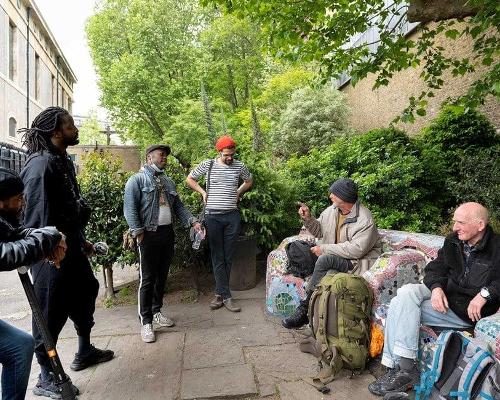
The Everyday Heritage initiative celebrates and preserves working class histories
Off the back of the success of the first round of Everyday Heritage Grants in 2022, Historic England is funding 56 creative projects that honour the heritage of working-class England. [more...]
Heartbreak for Swedish theme park, Liseberg, as fire breaks out
A fire has destroyed part of the new water world, Oceana, at Liseberg in Sweden, and a construction worker has been reported missing. [more...]
Raby Castle reveals ambitious plans to become a major visitor destination
Raby Castle, known as one of the finest medieval fortifications in England, is nearing the end of an ambitious two-year renovation project. [more...]
Wake The Tiger launches new 1,000sq m expansion
Wake the Tiger, the Bristol-based immersive art experience, is set to open its 1,000sq m expansion on Friday 2 February. [more...]
Tate Modern and Frame collaborate on a mind/body experience
London boutique operator, Frame, has teamed up with the Tate Modern to offer two yin and sound yoga classes, following by a tour of the art gallery. [more...]




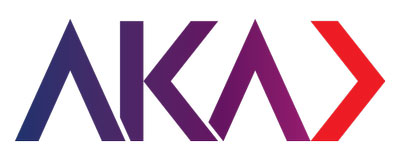
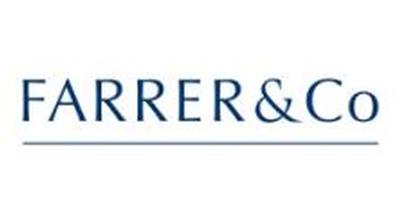


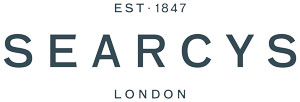




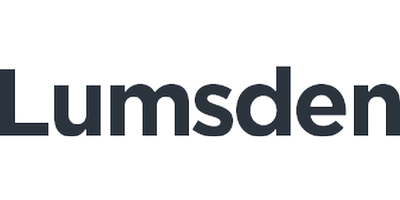
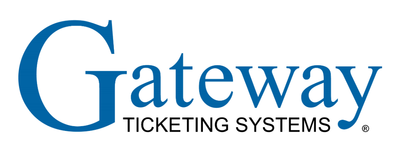

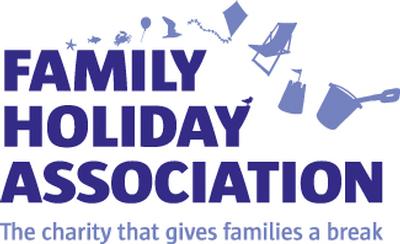



on Facebook
on Twitter